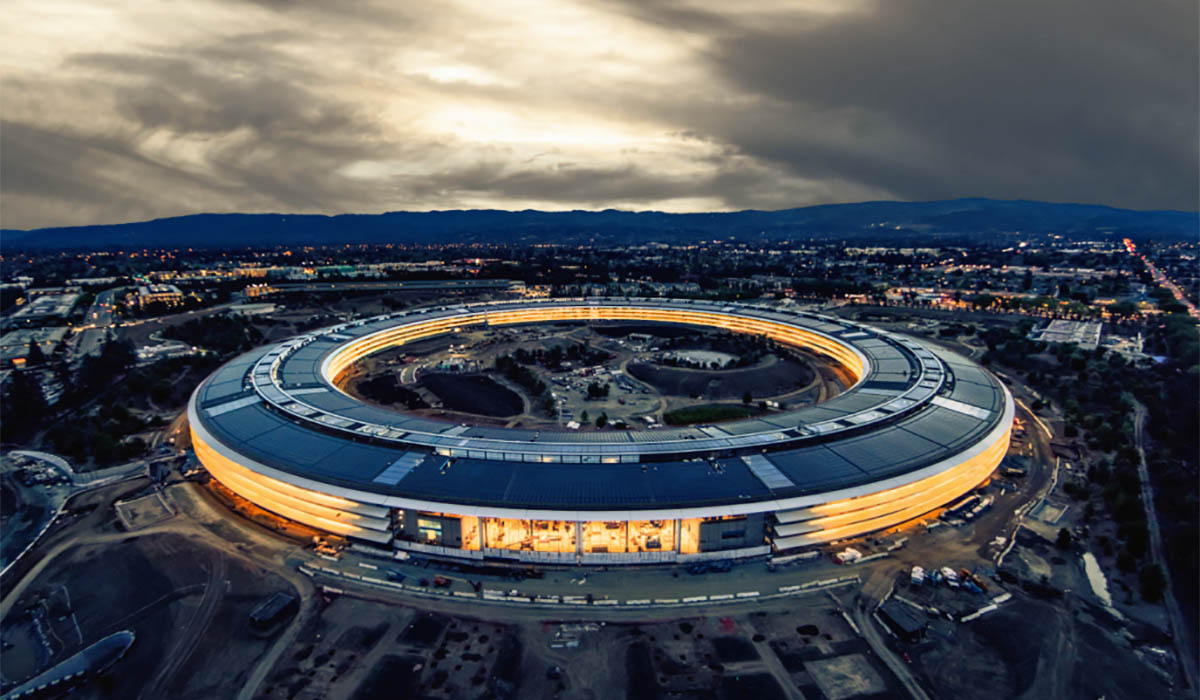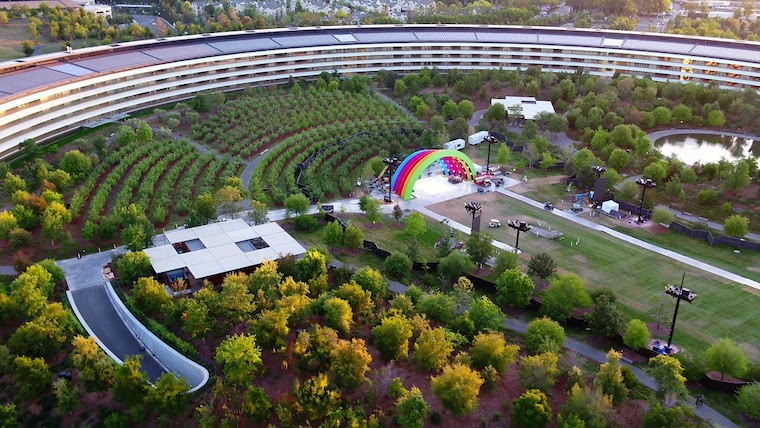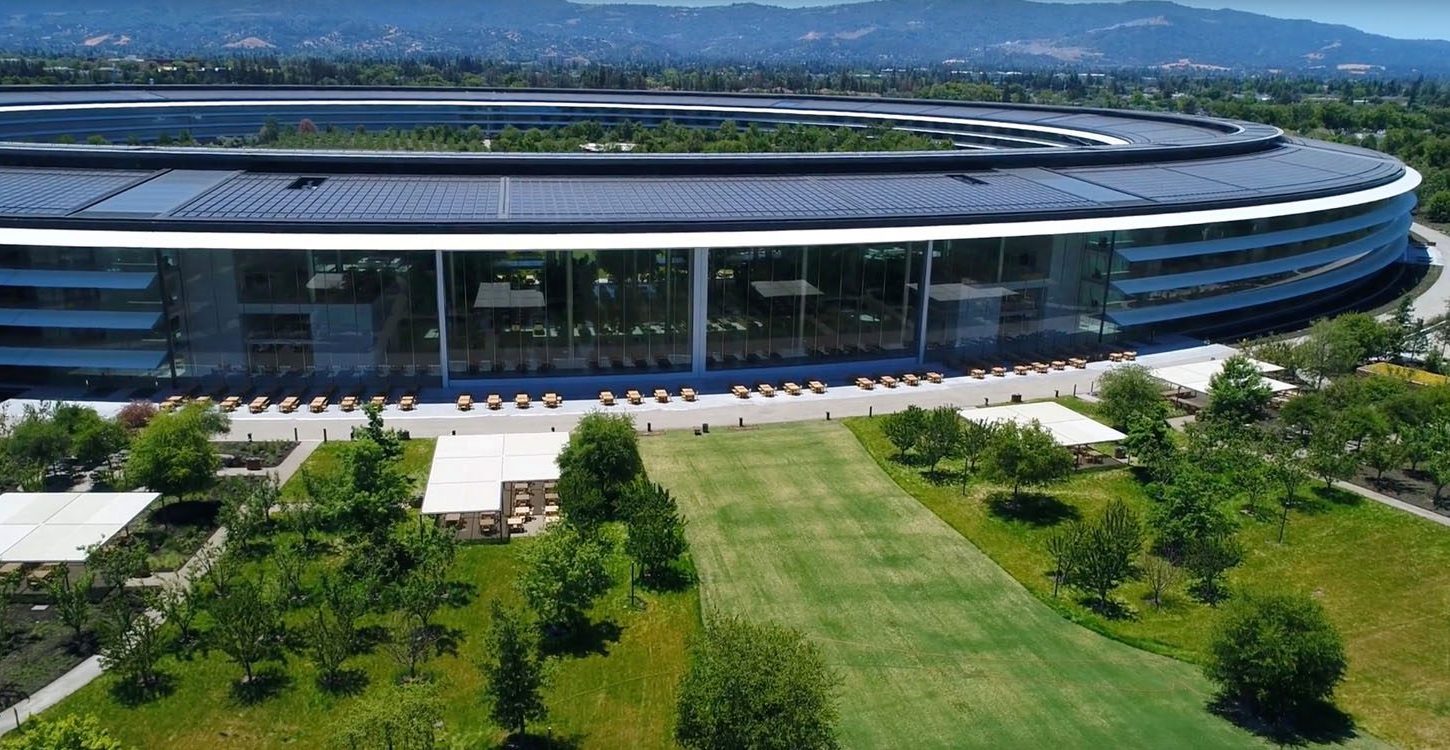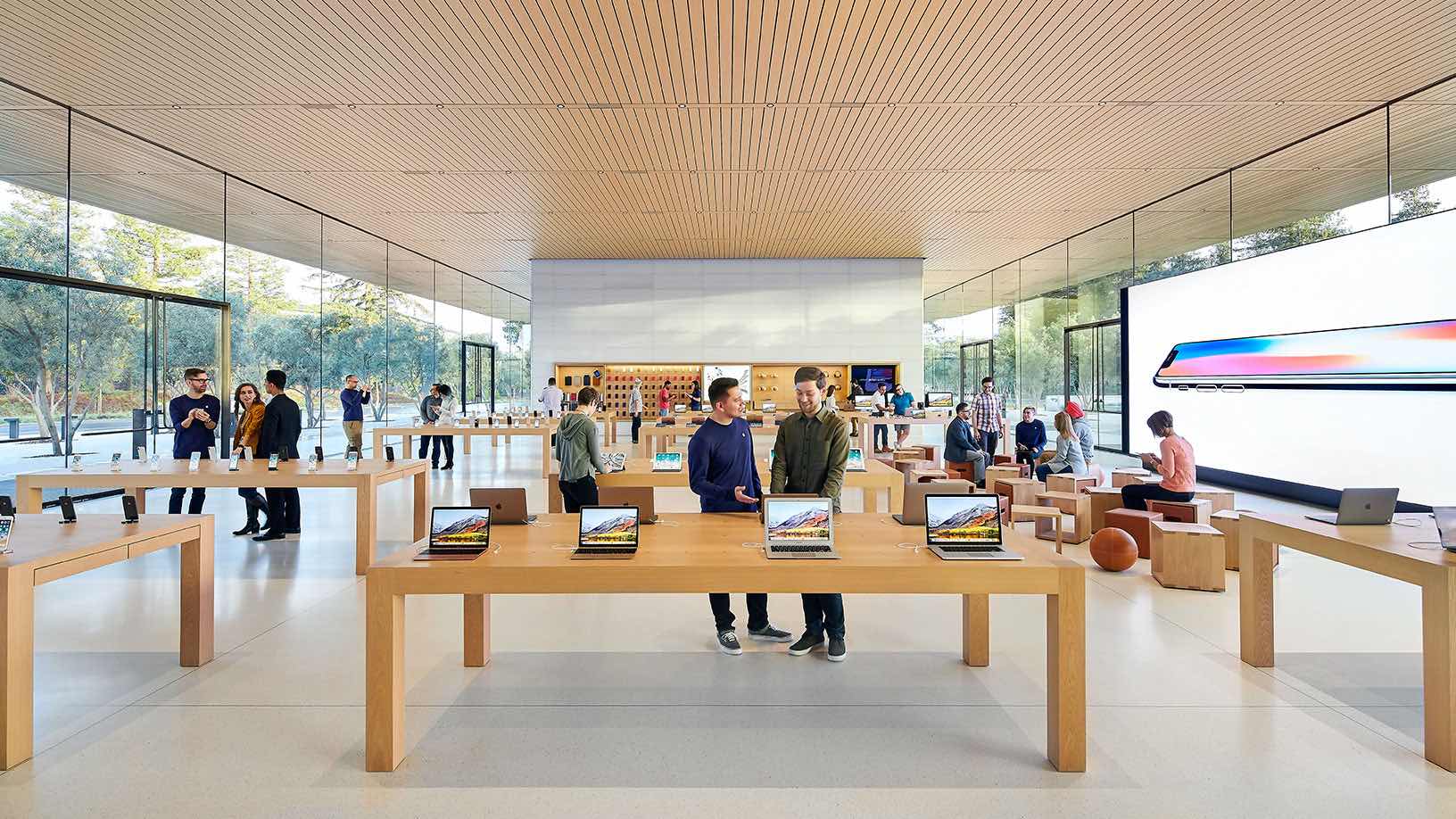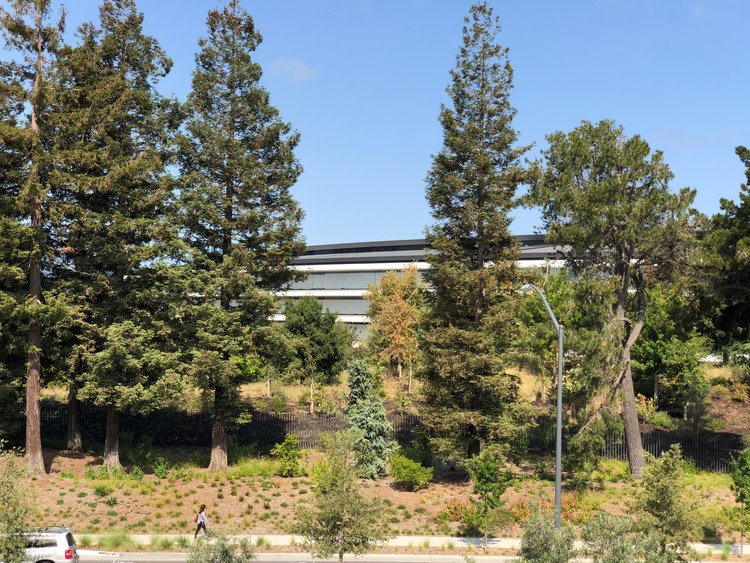It probably goes without saying that the world is still in crisis. There is still a shortage of chips, COVID-19 may not have said its last word yet, inflation is skyrocketing and we also have the Russia-Ukraine conflict. Everyone is reacting to it, including large technology companies.
It was started by Meta, followed by Amazon, Twitter, Microsoft, Google and even Spotify. Although in the case of Twitter it is rather a whim of the new CEO of the network, Elon Musk, and it probably has the least impact on Spotify, because it intends to lay off "only" 6% of its employees, which was about 600 people out of a total of 9. Spotify CEO Daniel Ek layoffs he excuses the slowdown in advertising and the fact that in 808 the growth of operating expenses exceeded the growth of revenues (but Spotify suffers from this in the long term).
In early January, Amazon announced that it would lay off 18 employees. The number is huge, but it is 1,2% of all people who work at Amazon (there are around 1,5 million of them). On January 18, Microsoft announced that it would lay off 10 people. Two days later, Google announced that he would say goodbye to 12 employees. For the first, it is 5% of all company employees, for the second, 6%. Salesforce then lays off 10% of people, which is the highest number. But he states that it will be those he hired during the pandemic. He just had big eyes. And therein lies the problem. Because these giants knew no bounds and hired head over heels (literally) and now it has caught up with them.
It could be interest you
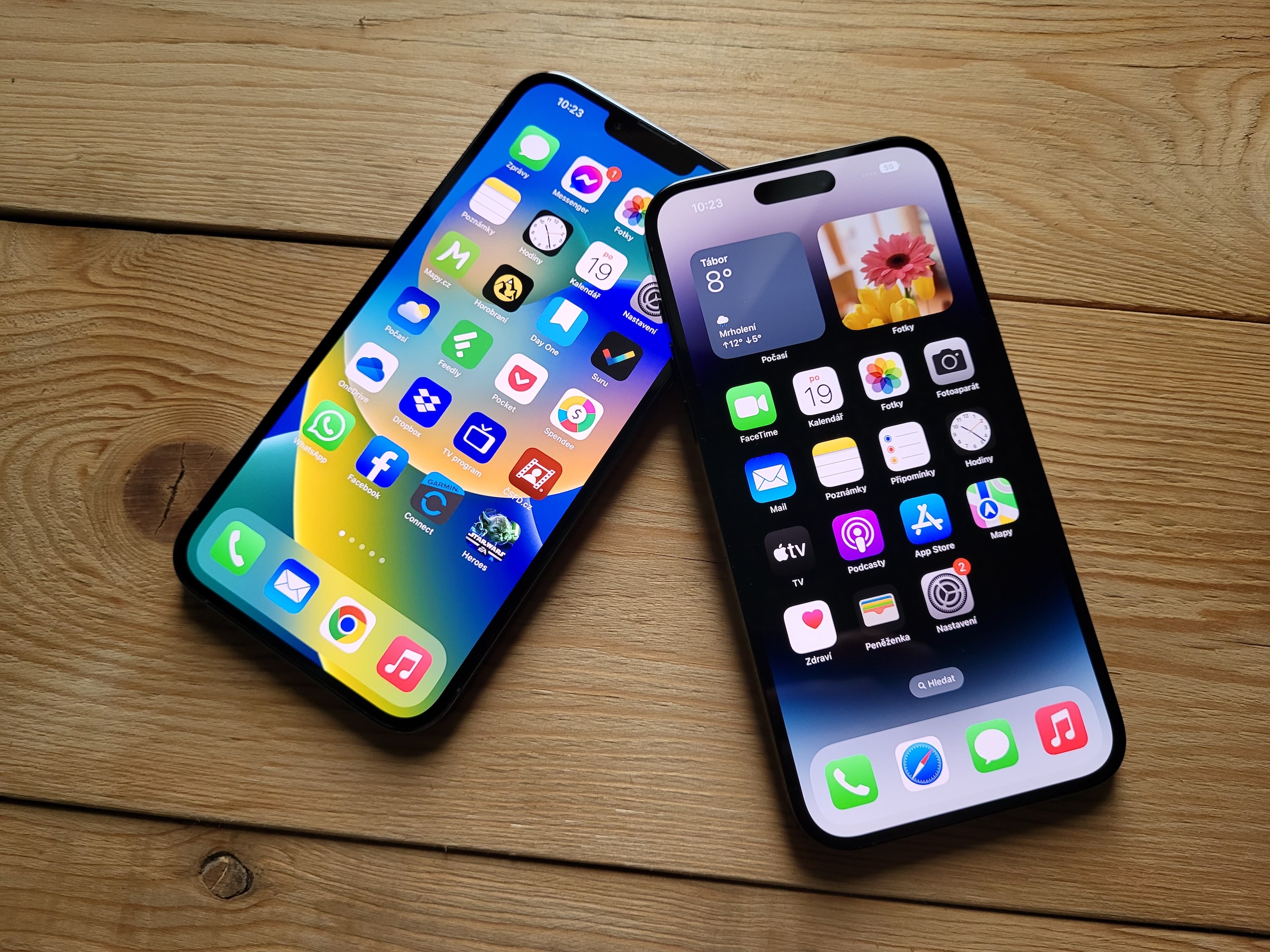
There is more to it
Spotify isn't pointing fingers, but it's obvious who will be leaving the company. Ambition of the product Car Thing it was great, but the reality was quite dark. The product was only sold for 5 months before it was discontinued. For example, Meta hired employees for projects that were not likely to make a profit in the short term. Of course, it is about metaversions, that is, something that is still a very elusive concept for many. Others, such as Microsoft and Google, are in a similar situation.
These employees leave the companies literally in large numbers, even if they worked for someone on projects that may not seem interesting at first glance. But these products were not supposed to arrive this year or next year, but within the next few years, when we simply won't see them in the future. We'll be waiting all the longer for it, if we get it at all. So all of this layoff has a clear effect on technological progress, even if it's "only" tens of thousands of people making up a fraction of a percent of all companies' employees.
It could be interest you

How is Apple doing?
Good for now. There are none yet signals, that he should also fire. It could also be because he was more cautious in his expansion and did not recruit as much as others. Of course, the Cupertino company also hires employees for projects with a less certain future, such as a headset or an Apple Car, but on a much smaller scale than other competitors. From 2019 to 2022, it only hired around 20% of new employees, but in the same period, Amazon hired 50%, Microsoft 53%, Alphabet (Google) 57%, and Meta a whopping 94% of new employees.














 Adam Kos
Adam Kos 